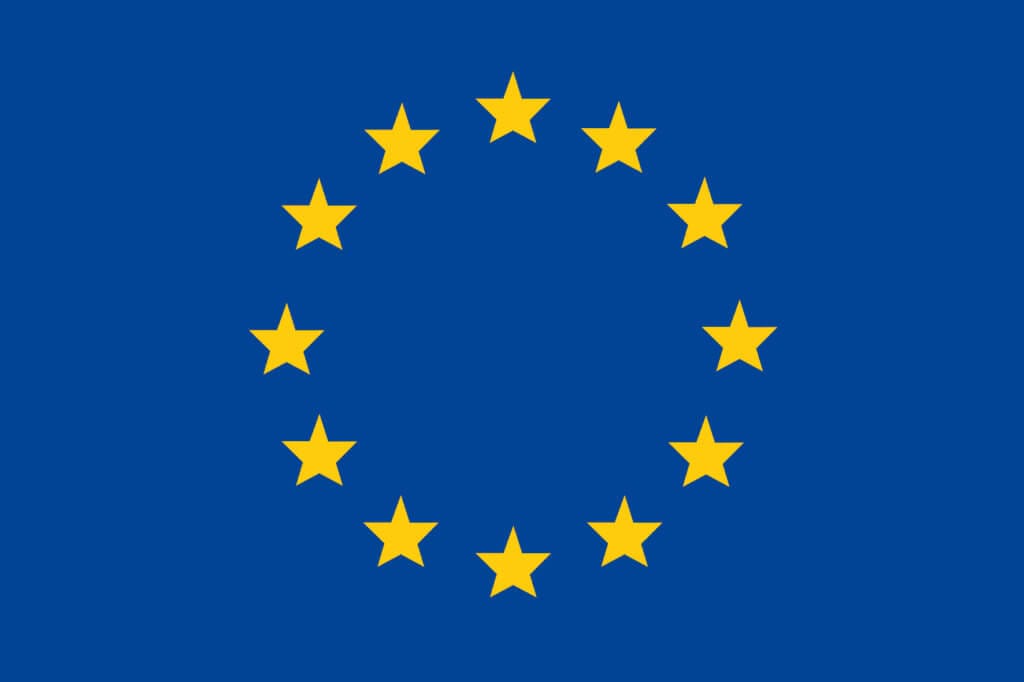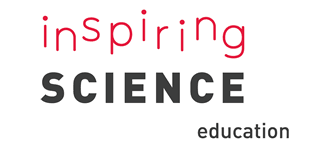This project has received funding from the European Union’s ICT Policy Support Programme as part of the Competitiveness and Innovation Framework Programme.

This publication only reflects the author’s view and the European Union is not responsible for any use that may be made of the information it contains.
Inspiring Science Education (ISE) is a European project co-funded by the European Commission under the “ICT Policy Support Programme” that brings together 29 European organizations, including NUCLIO.
The Inspiring Science Education project mission is to provide digital resources and opportunities for teachers to help them make science education more attractive and relevant to students’ lives. Through the Inspiring Science Education website and the activities organised by the partners, teachers can help students make their own scientific discoveries, witness and understand natural and scientific phenomena and access the latest, interactive tools and digital resources from within their classrooms.
Inspirational science teachers are at the heart of successful science teaching. Ask any scientific Nobel prize-winner who had the greatest influence on their decision to become a scientist and invariably the answer will be – my Science Teacher! So what is it that makes a science teacher truly inspirational? That’s one of the conundrums Inspiring Science Education project aims to unravel. How? Setting up workshops and exchanges, communities of practice and learning opportunities for science teachers and teacher trainers aimed at helping them find ways to make their teaching of science more inspirational.
The ISE project includes:
Large-scale take-up of these opportunities and resources amongst European science teachers.
Pilot activities in 5000 primary and secondary schools in 15 European countries; during these pilots, teachers will be accessing interactive simulations, educational games and eScience applications and integrating them with extra-curricular activities, such as field trips to science centres and discovery parks, and virtual visits to research centres.
Access to remote and online labs, and relevant scenarios for use in the classroom.
Students will be inspired to use eTools and digital resources to learn Science, Technology, Engineering and Maths (STEM related subjects) in a practical, competitive and exciting way.
More information:
https://inspiring-science-education.net/

